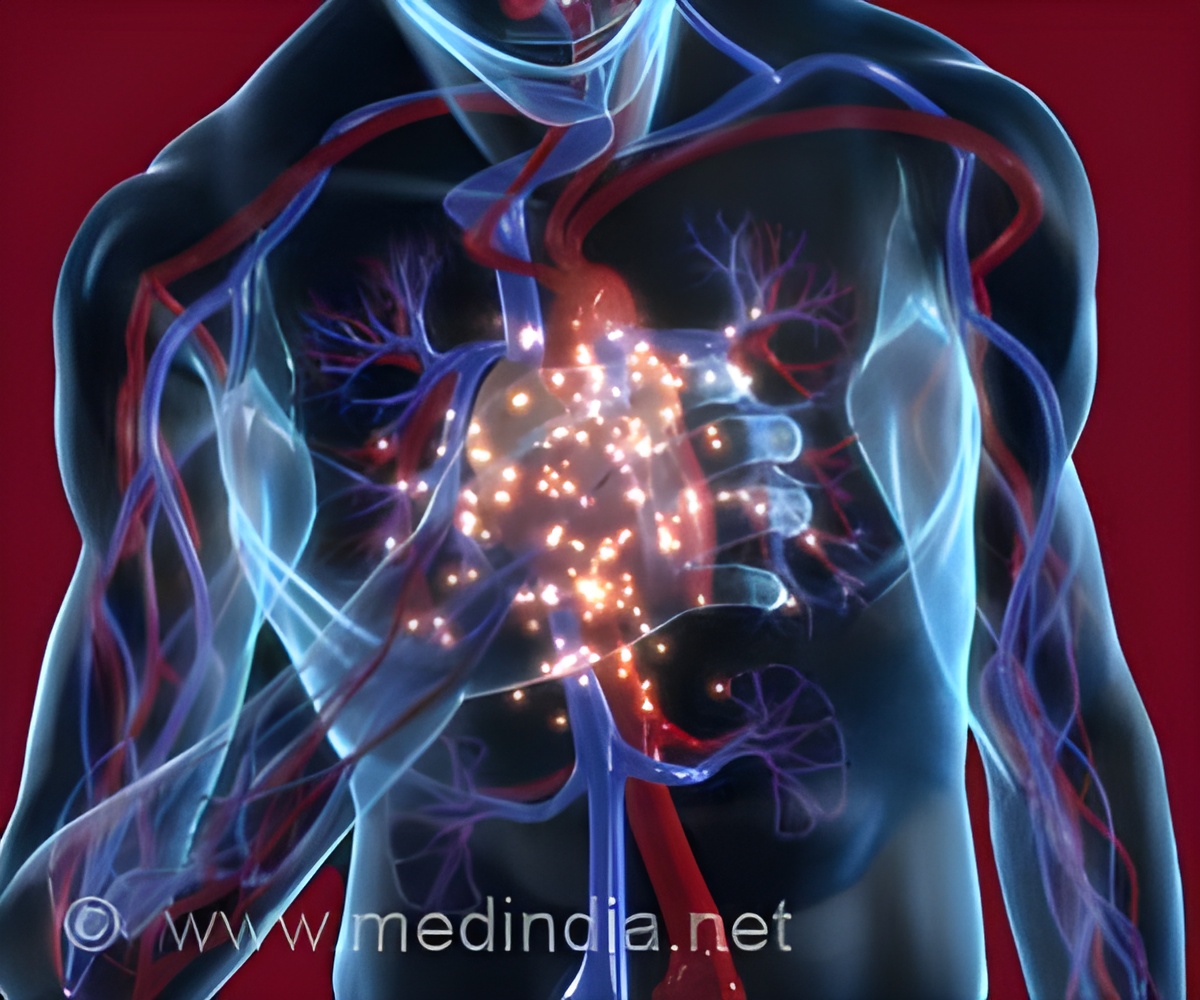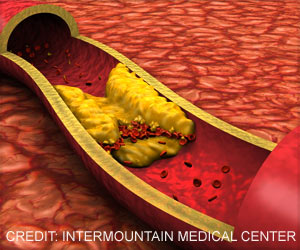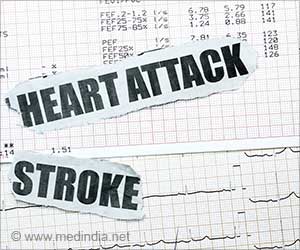Though being physically active has many health benefits, it can also increase calcium build up in heart vessels through mechanical stress and vessel injury. This in turn increases heart attack risk.

‘Increased Calcium deposits in heart vessels caused by physical activity can predict heart disease risk.’





Generally, regular physical activity is associated with a dose-dependent reduction in the risk of obesity, diabetes, heart attack/stroke, and death.Despite these important health benefits physically active people seem to have high levels of calcium deposits in their coronary arteries. So, it is not clear if exercise may itself be associated with calcification (artery hardening).
In a bid to explore this further, researchers studied healthy adults who underwent regular comprehensive check-ups at two major health centers in Seoul and Suwon, South Korea, between March 2011 and December 2017.
At each health check, participants filled out a questionnaire, which included questions on medical and family history, lifestyle, and educational attainment. Weight (BMI), blood pressure, and blood fats were also assessed.
Physical activity was categorized at the first check-up as either inactive, moderately active, or intensively active using a validated questionnaire.
Advertisement
47% (11,920), 38% (9683), and 15% (3882) of them were, respectively, inactive, moderately active, and intensely physically active equivalent to running 6.5 km/day.
Advertisement
The estimated adjusted average CAC scores in all three groups at the start of the monitoring period were 9.45, 10.20, and 12.04, respectively.
A higher physical activity group was associated with faster progression of CAC scores both in those with no calcium deposits and in those who already had a CAC score at the start of the monitoring period.
Compared with those who were inactive, the estimated adjusted 5-year average increases in CAC scores in moderately and intensely active participants were 3.20 and 8.16, respectively, even after accounting for potentially influential factors, including BMI, blood pressure, and blood fats.
This is an observational study and cannot establish cause. Researchers also acknowledge several study limitations, including the absence of an objective assessment of physical activity; and no data on incident heart attacks/stroke or CAC density or volume.
Researchers explain that physical activity may increase artery narrowing through mechanical stress and vessel wall injury and physiological responses such as the increase in blood pressure and parathyroid hormone.
The second possibility is that physical activity may increase CAC scores without boosting heart attack risk.
They also emphasize national guidelines that recommend at least 150–300 minutes/week of moderate-intensity or 75–150 minutes/week of vigorous-intensity aerobic physical activity.
However, patients and physicians must be aware that engaging in physical activity may accelerate the progression of calcium deposits in heart blood vessels due to plaque healing, stabilization, and calcification.
Source-Medindia















